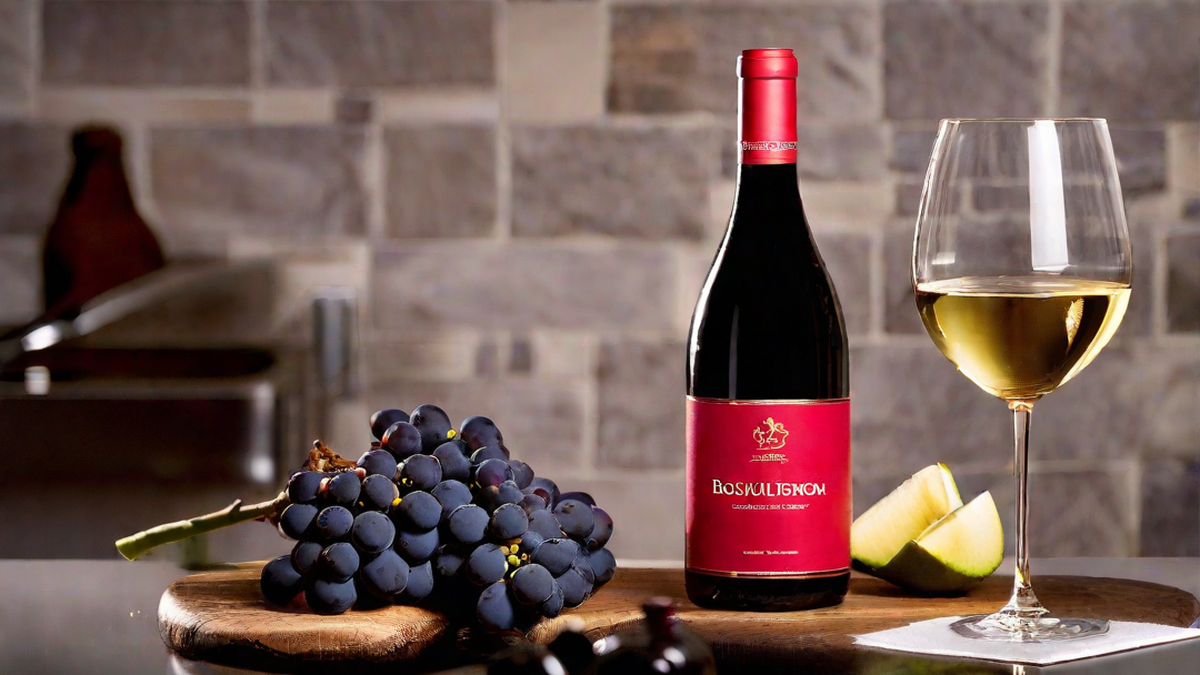In my experience with wine storage, I’ve discovered several crucial elements that must be considered to maintain your wine in pristine condition. No matter if you’re deeply passionate about wine or just beginning to curate your collection, it’s critical to store your wine correctly to preserve its taste and quality.
Temperature
One of the most important aspects of wine storage is maintaining a consistent temperature. Personally, I’ve found that storing wine at a temperature between 45°F and 65°F (7°C and 18°C) is ideal. Fluctuations in temperature can cause the wine to expand and contract, potentially leading to a compromised seal and increased oxidation. This is why I always try to keep my wine in a cool, dark place to avoid exposure to sunlight and heat sources.
Humidity
Humidity levels are often overlooked but play a crucial role in wine storage. I’ve discovered that the ideal humidity for storing wine falls between 50-80%. This level helps to keep the corks moist and prevents them from drying out, which could lead to air seeping into the bottle and spoiling the wine. To maintain the proper humidity, I make sure to store my wine in a location with controlled humidity levels or use a wine fridge with a built-in humidifier.
Positioning
Another important consideration for wine storage is the bottle’s position. Personally, I store my wine bottles on their side to keep the cork in contact with the wine. This helps to prevent the cork from drying out and ensures a proper seal, minimizing the risk of oxidation and spoilage. However, if you’re storing screw-cap bottles, this positioning isn’t as critical.
Vibration
Minimizing vibration is key to preserving wine quality. I’ve learned that excessive movement or vibration can disturb the sediment in the wine, altering its flavor and aroma. For this reason, I avoid storing my wine near appliances that generate vibration and opt for a stable storage location. If you’re considering investing in a wine fridge, look for one with minimal vibration to protect your wine collection.
Conclusion
Overall, proper wine storage is essential for preserving the integrity and flavor of your collection. By maintaining the right temperature, humidity, and bottle positioning while minimizing vibration, you can ensure that your wine ages gracefully and reaches its full potential. Whether you’re a casual wine enthusiast or a seasoned collector, taking the time to store your wine properly will undoubtedly enhance your overall enjoyment of this timeless beverage.




